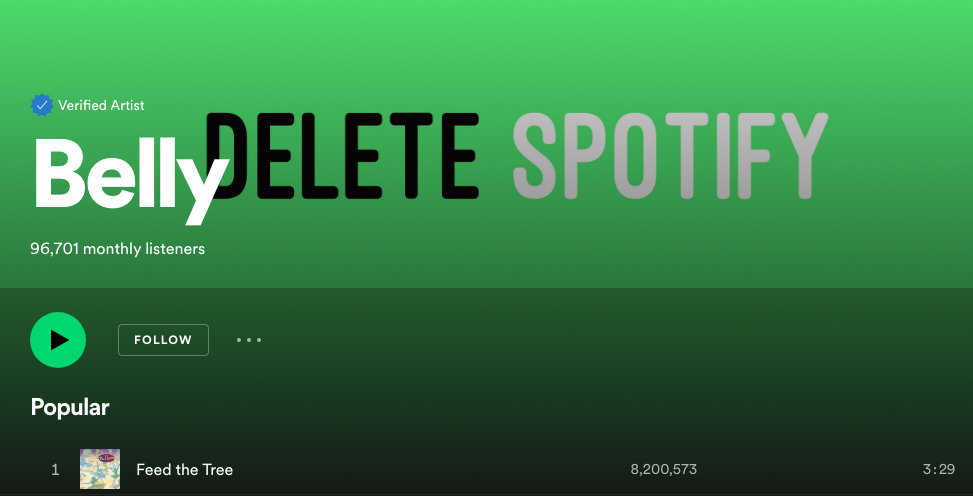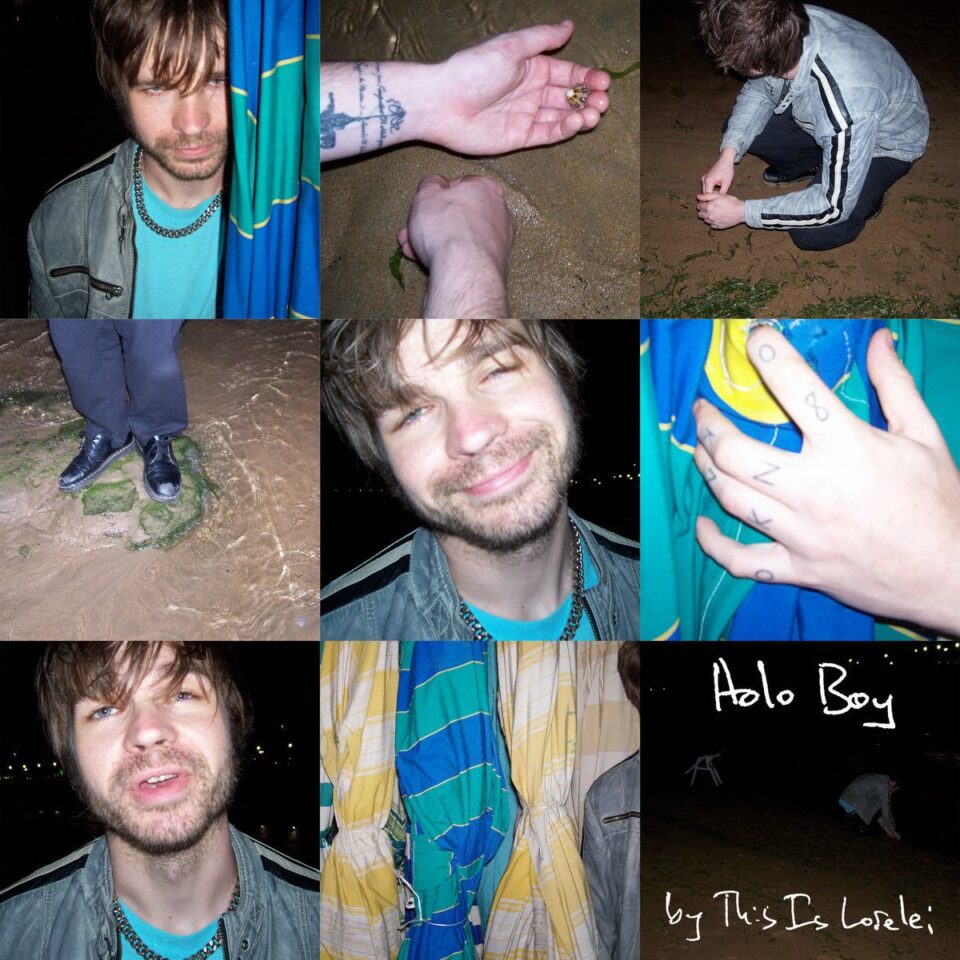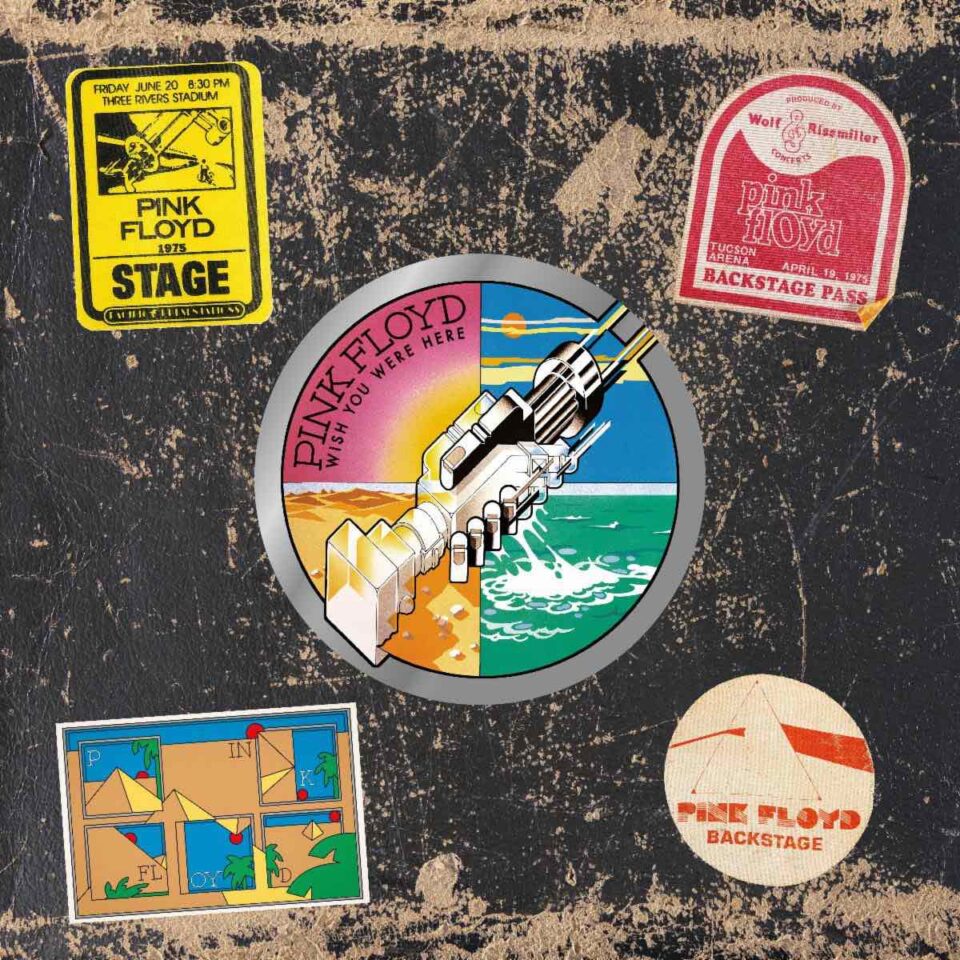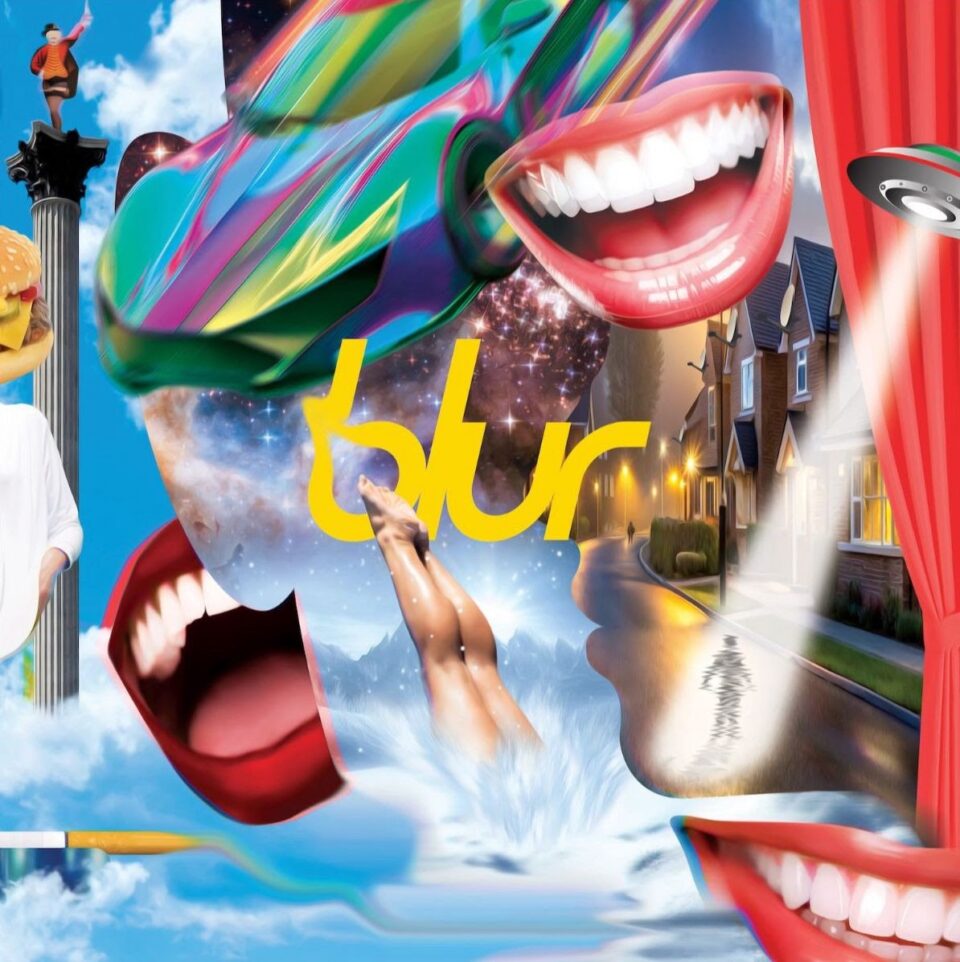Smooth-brain content creator Joe Rogan is getting a lot of deserved criticism for spreading misinformation about COVID vaccines on his podcast. However, Spotify is not one of those voices of concern. The streaming giant, which probably only incidentally has Rogan to thank for reigning in 11 million listeners per episode, has done little to stop the spread of misinformation beyond redirecting listeners to a "COVID Hub" before each episode, which they describe as "a resource that provides easy access to data-driven facts, up-to-date information as shared by scientists, physicians, academics and public health authorities around the world, as well as links to trusted sources."
Although Spotify might be dragging their feet on the dangerous spread of false information, artists are taking action by pulling their music off the platform. The first to do so recently was Neil Young, who gave Spotify the ultimatum to take Rogan's podcast off their platform or else he would remove his own music library. Joni Mitchell followed soon after in support of her friend and labelmate. Not long after, Nils Lofgren and Graham Nash followed suit.
But even if artists agree with the protest against Spotify, they might not have the power to join in. It all depends on the contract they signed with their label and what rights they've signed away. For example the '90s alt-rock band Belly stand in solidarity with Young, but aren't able to touch their music on Spotify due to their complicated arrangement with their label. “When a record label loans an artist the money to record material they expect a return on that investment and that expectation is reflected in contractual obligations and usage/control rights,” the group told Variety. Instead, Belly made their artist banner on Spotify read: DELETE SPOTIFY.
Most recently, India.Arie declared she was removing her music from the platform not only over Rogan's role in spreading COVID misinformation, but also for his "language around race." She also pointed to the huge equity disparity between the small fraction artists receive for their streams and Spotify's $100 million investment in Rogan. "This shows the type of company they are and the company that they keep," she wrote on Instagram. Arie makes an excellent point: It's not only that Rogan has Spotify as a platform, but such an investment shows where the company's loyalties lie, regardless of whether they share his sentiment.
For years, Spotify has been a contentious topic. As the largest music streaming service in the world, Spotify has been criticized for not paying artists anything near what they're owed for populating the streaming giant's library. "Our stupid band gets close to a million monthly streams on spotify. spotify pays out .003 cents per stream," Eve 6 noted on Twitter. "100% of that goes to our former label sony who is a part owner of spotify. this is why i’m mad."
What's most interesting about this whole debacle is the intersection of cancel culture and holding larger corporations accountable for the platform they're giving to people like Rogan. Spotify is filled with artists who have been quote-unquote canceled, but taking down their art would be a form of censorship. And even if Spotify adds a disclaimer, some have pointed out that Rogan has the right to freedom of speech regardless of how harmful or false said speech is.
While it's difficult for younger artists to disentangle themselves from their label contracts and pull their music from Spotify, I wouldn't blame them if they still felt like pulling their music would be an inadequate solution in a fight that feels much bigger. If we really want to be radical, shouldn't it be up to us, the listeners, the consumers who actually support such an institution by paying for subscriptions? I mean, if there was ever a way to radicalize major fan armies, wouldn't it be wild if the Swifties or the Barbz or Rhianna's Navy pulled their subscriptions and put their money toward the actual artists? Yeah, it might suck to lose all the the convenience Spotify provides, but no one said being held accountable was easy.







